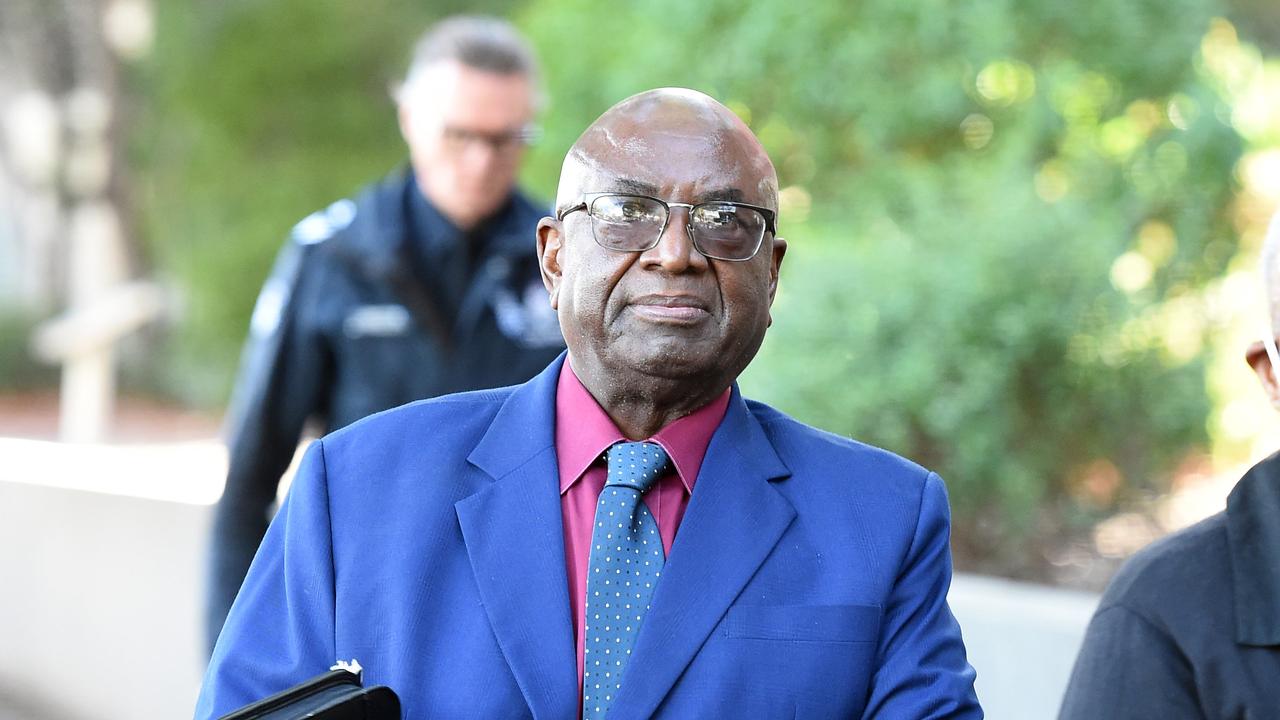NDIS woes: Geelong disability organisations lack credentials and oversight, insider reveals
Disability organisations in Geelong are coming under increased scrutiny with several businesses going into liquidation or administration.

Geelong
Don't miss out on the headlines from Geelong. Followed categories will be added to My News.
Disability organisations in Geelong are operating without appropriate credentials, and the lack of regulatory oversight has resulted in poor practices in the sector, one insider has revealed.
In the past few months, a number of local organisations have entered liquidation, voluntary administration, or have come under scrutiny for allegedly not paying staff.
A disability support coordinator who works closely with Geelong organisations and clients said a number of operators in the region did not have the necessary business acumen.
They said a number of providers had been able to get away with “things that wouldn’t normally happen in a normal commercial environment” and had “exploited the system to their own advantage”.
“The issue is, the access to the income stream, being NDIS participant’s plan, is really easy,” they said.
The National Disability Insurance Agency published the annual pricing review last week, setting the maximum prices providers and health professionals are permitted to charge when providing services to the scheme’s 650,000 participants.
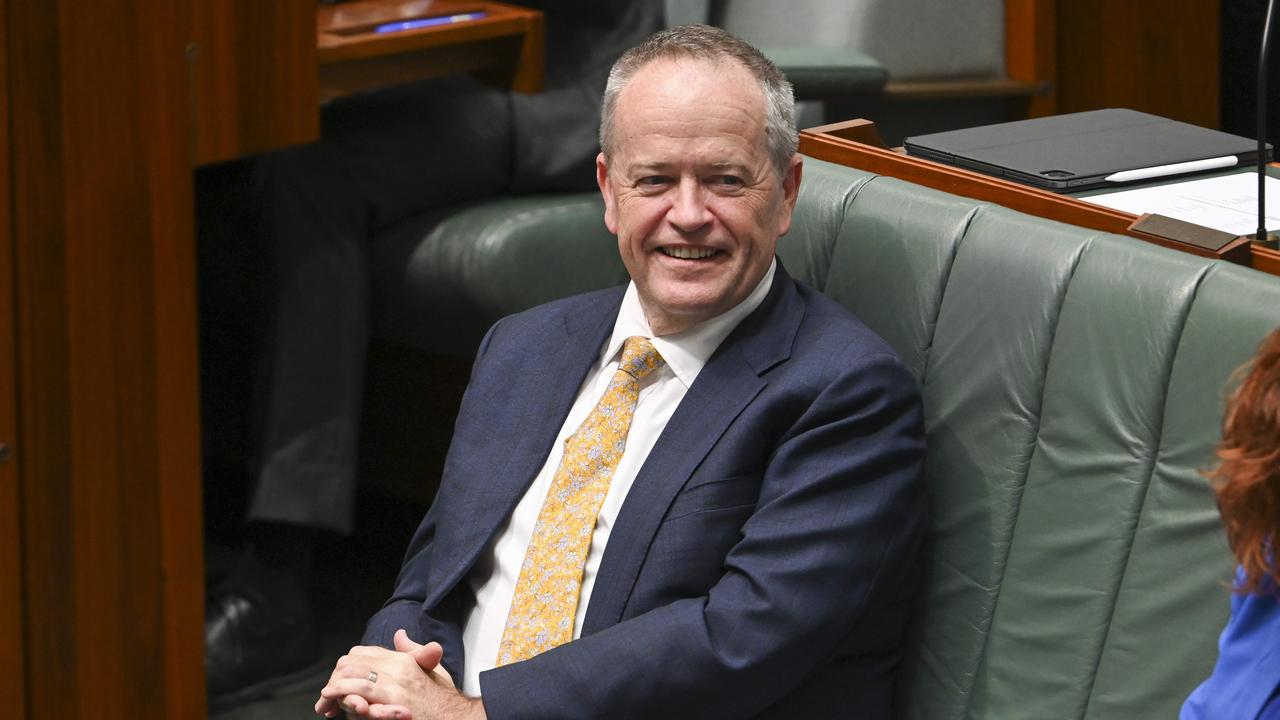
According to advocates, Australians with disabilities have been “ripped off” by the review, which would see legitimate service providers forced to leave the sector.
“Because of the pricing guidelines the NDIS has provided, you can charge a participant $65 an hour,” the support service coordinator said.
“If you’re an individual provider, and you know you’re working a 38-hour week on $60 an hour, you can quickly do the maths and work out, ‘geez, that’s a good salary’.
“The whole structure on how it was rolled out just creates a problem.”
The source said the NDIS needed to set firm standards for providers.
“What they need to do is really set a threshold for providers and say ‘if your income is at a certain level, you need to be registered as a provider’,” they said.
“They need to lower the threshold and increase the compliance.”
The support coordinator said a concern among workers within the industry has been how people involved in company failures had been allowed to start another disability service.
“This is what occurs, these people just reinvent themselves under a different name and go out and continue on doing the same thing.
“Geelong was the starting point for the NDIS. This is where it started. That’s why it’s so established down here, and that’s why there are so many providers.
“People move to Geelong to get support because support is so good down here.”
Since commencing in November 2022, the NDIS Quality and Safeguards Commission has undertaken 161 compliance actions against providers and individuals.
These actions stemmed from the Fraud Fusion Taskforce and include 85 banning orders, 21 suspensions of registration, and 23 revocations of registration.
The taskforce is a multi-agency partnership that targets fraud and criminal activity.
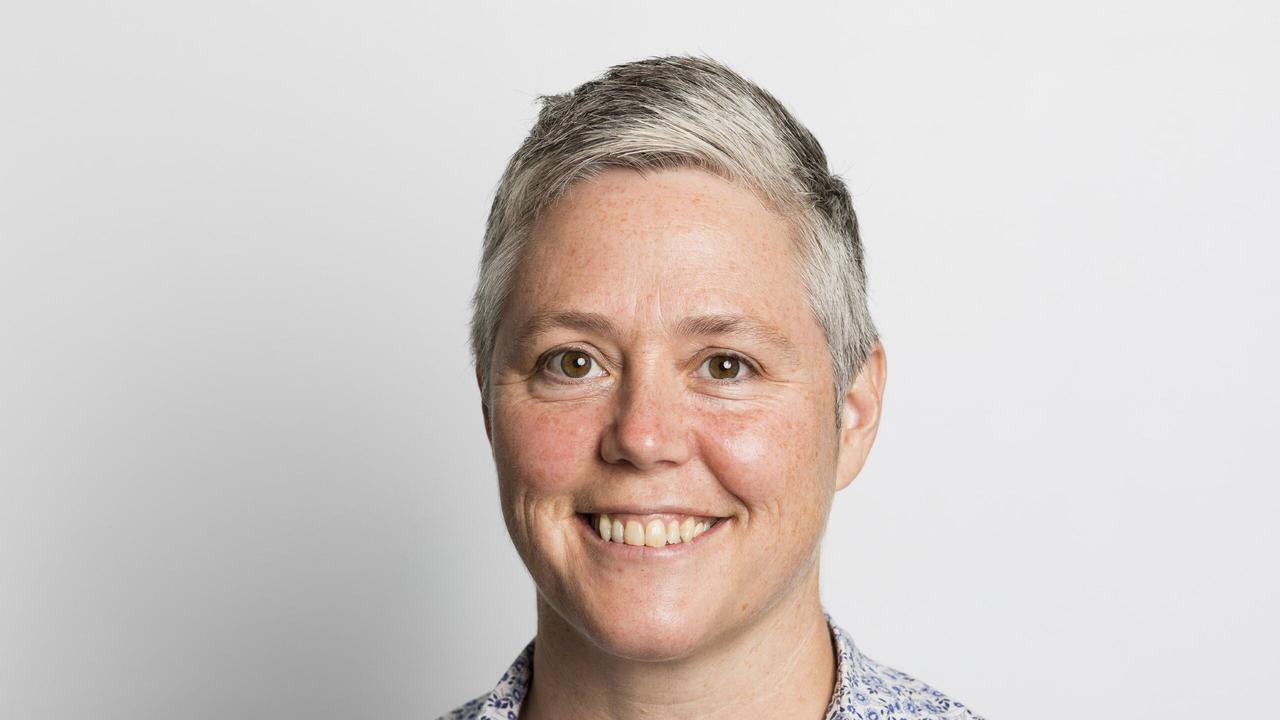
National Disability Services chief executive Laurie Leigh said the current regulatory environment was unsatisfactory.
“We don’t have a funding system that recognises and rewards quality services,” she said.
“The recent NDIS review recommended an improved and stronger regulatory system for the NDIS.
“That would help prevent poor practices in the sector, including individuals setting up shop when they don’t have the right workforce, skills or practices in place.
“It hasn’t happened yet.
“It’s time for the federal government to stop dragging their heels and implement the recommendations of the NDIS review.”
Ms Leigh said there needed to be more checks in place to verify the credentials of individuals and organisations that apply to become registered providers.
“When you purchase services from an electrician or buy a car, you rightly expect appropriate standards operating within those systems,” she said.
“The NDIS should be no different, with appropriate quality standards and consumer protections in place.
“Right now, the bar for entering the NDIS market and providing support to people with disability is set far too low.”
Ms Leigh said a significant proportion of the market is unregistered and that those organisations and individuals have minimal oversight from the regulator.
“Unfortunately, that leaves us in a race to the bottom, with the government refusing to set prices appropriately for high-quality disability supports,” she said.
“We are deeply concerned about the number of legitimate, quality providers leaving the sector.
“At a time when we know that criminals and shonky operators are using the loopholes of inadequate regulation to get inside the system, we should not be deterring providers who are committed to quality services.”
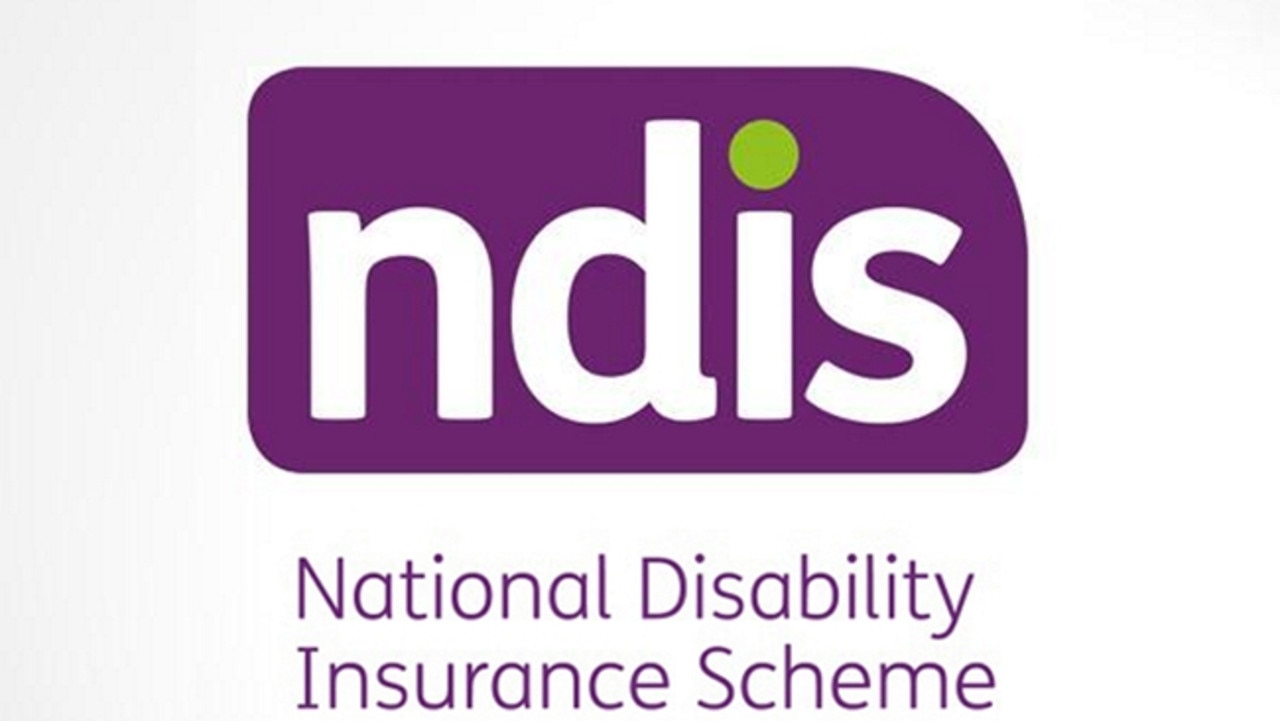
A spokeswoman for the NDIS Quality and Safeguards Commission said its code of conduct required all providers and workers to act with integrity, honesty, and transparency.
“Integrity, honesty, and transparency are crucial to developing the trust-based relationships between people with disability, NDIS providers, and workers that are required for high-quality service delivery,” she said.
“The NDIS code of conduct requires support and services to be provided in a safe and competent manner, with care and skill, as well as complying with relevant employment and industrial relations law.”
Registered NDIS providers are required to ensure that they only engage workers who have been cleared for certain roles, called risk-assessed roles.
The NDIS worker screening check is conducted by a unit in the state or territory where a person applies for it, not by the NDIS Commission.
The worker screening database allows registered and unregistered providers, and self-managed NDIS participants, to check if their workers hold a Worker Screening clearance or exclusion.
“The NDIS Commission monitors entities and individuals that are subject to banning orders through our functions and may pursue civil penalties of up to $275,000 where we identify breaches of a banning order,” the spokeswoman said.
According to the NDIS, all applicants for registration must be assessed by an approved quality auditor to ensure they meet the practice standards relevant to the support they deliver.
The commission is also required to assess the provider and its key personnel as being suitable to deliver support and services to people with disability.
The commission may also suspend or revoke a provider’s registration and/or make banning orders if a reasonable belief is formed that they are not suitable to provide, or be involved in the provision of, supports and services.
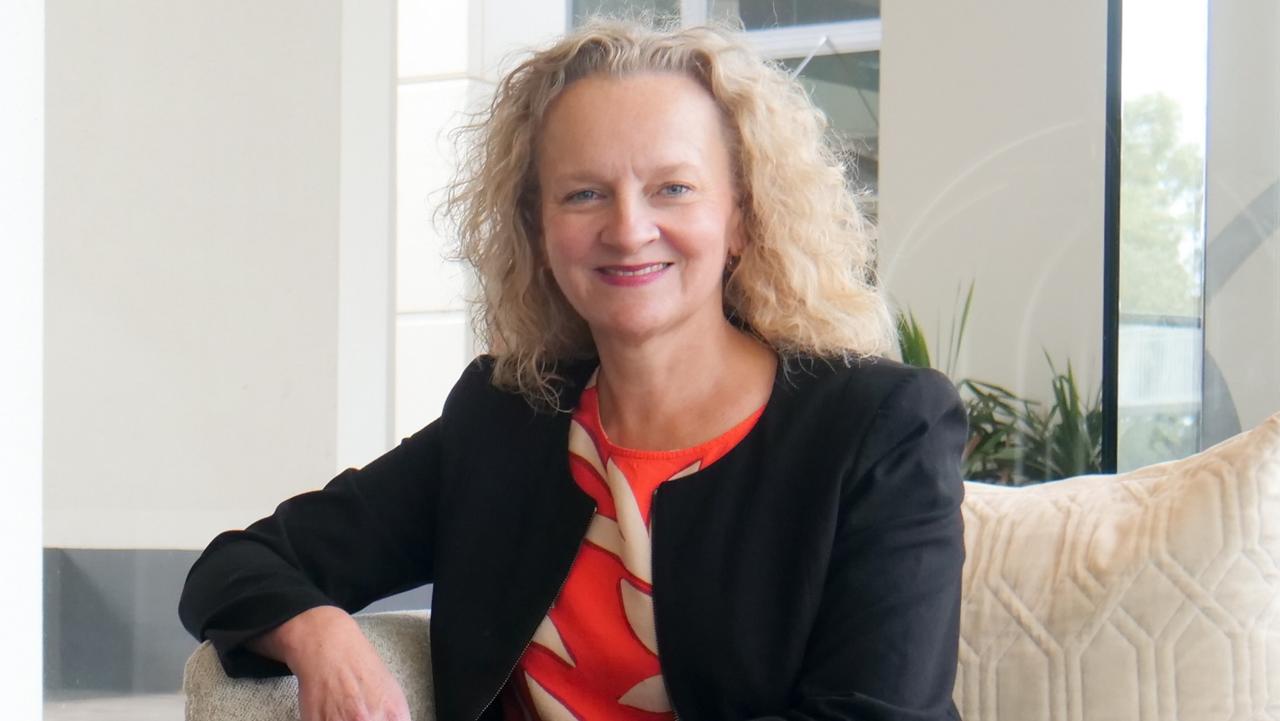
Geelong’s largest disability support service provider genU recorded nearly $10m in losses last financial year and in the past month, a number of alleged disgruntled staff petitioned to have its chief executive Clare Amies sacked amid allegations of bullying, harassment and intimidation.
This masthead is not suggesting those claims are true, only that the petition was created.
Amid financial pressures, workforce shortages, increasing costs of service delivery and pricing constraints imposed by government funding models, Ms Amies said the organisation would continue to focus on growing their national footprint.
“Despite these challenges, genU continues to strengthen its foundations and grow our service provision nationally,” she said
“Regardless of our operating environment, quality service delivery is non-negotiable, and for genU, this has not been impacted in the face of sector-wide challenges and reforms.
“We maintain strong connections with our clients and encourage their input to help us design meaningful supports and opportunities that help them reach their full potential.
“Over the past 18 months, genU has made key decisions to refocus our growth strategy on our core services – disability, community aged care, training and employment.
“We will continue to advocate for the best interest of our clients as reforms are considered, including the federal government’s response to the NDIS review and Disability Royal Commission.”
Ms Amies did not say if genU would record a loss for the 203/24 financial year.
In March this year, it was revealed that at least 343 of the 1500 NDIS plan managers across the country were dodging paying taxes and ripping off people with disabilities and getting paid a half-a-billion dollars to do it.
Recent reports of disability organisations in Geelong
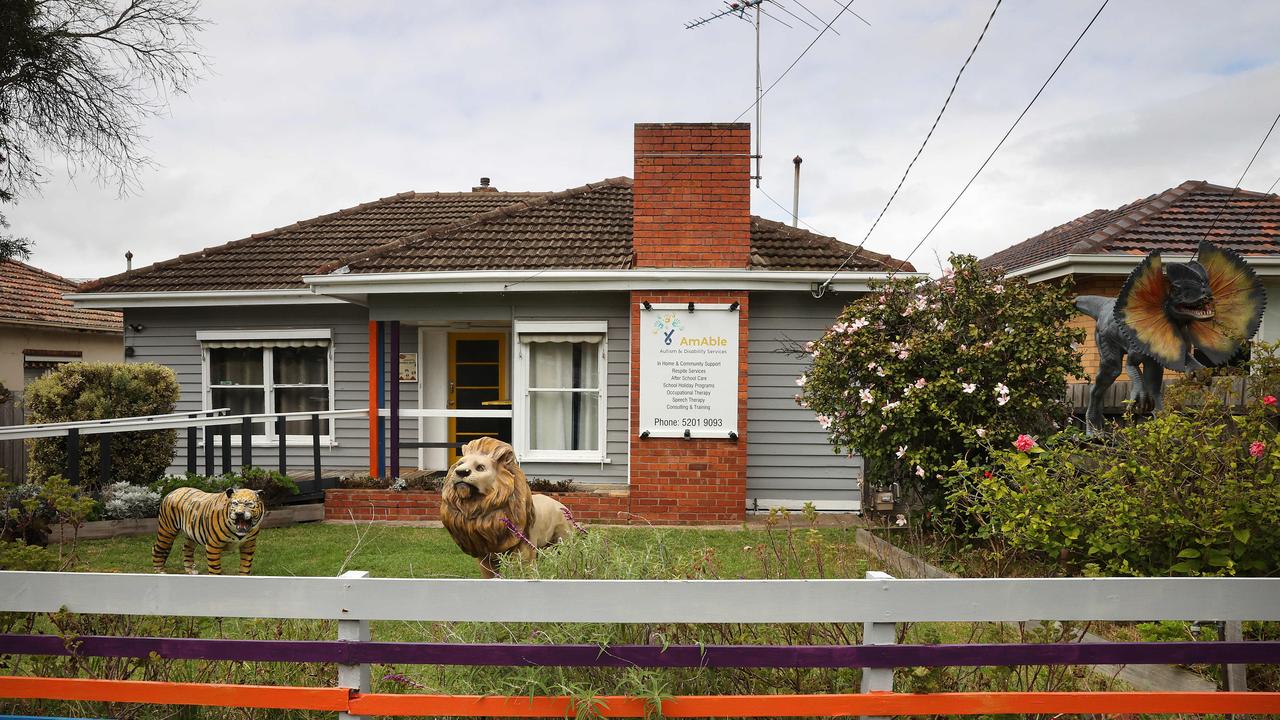
AmAble
Family turmoil within AmAble, a disability organisation, was blamed for poor mismanagement which resulted in allegations of clients being overcharged and employees not receiving wages.
However, in a public post on Facebook, Danni Frecklington, the current director of AmAble said “under no circumstances have we withheld any wages or super from our employees”.
This is despite former workers claiming they are still yet to have received their wages/super.
One former worker said: “Most of us just want our money back and be done with it”.
In April, it was reported that AmAble, an organisation that services clients with disabilities throughout the region, allegedly owed more than $500,000 to creditors in October last year after undergoing restructuring relief.
One employee said she hasn’t been paid in over a month and was struggling with food and bills.
“I haven’t experienced stress like this before. The financial stress is horrible…it’s a horrible feeling,” she said.
“I have been choosing not to go to the supermarket and trying to make do with what we have at home.”
The employee also alleges that the company would use their clients’ distress to guilt her into doing shifts when she wasn’t being paid.
“I’m already distressed that I can’t be there for my clients,” she said.
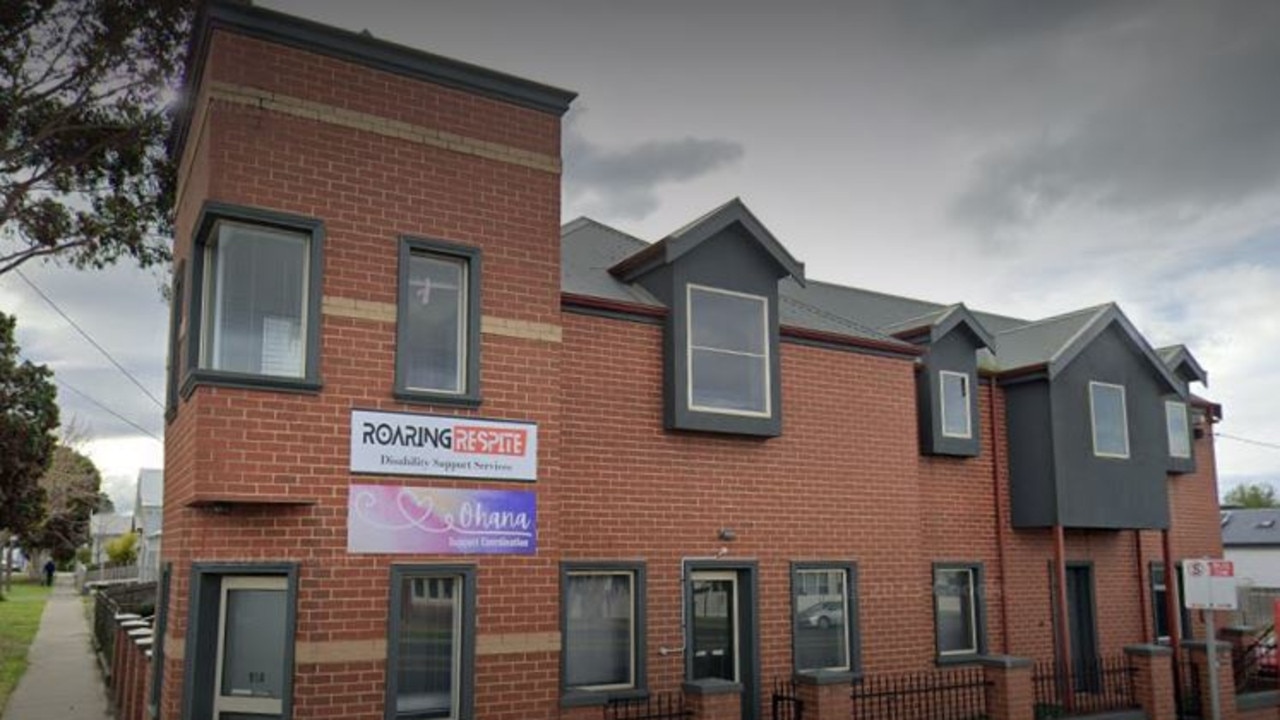
Roaring Respite/Ohana Community Supports
Ohana Community Support was placed into liquidation on April 23, while an administrator was appointed for fellow disability support organisation Roaring Respite on the same day.
Richard Lawrence, from Mackay and Goodwin, was appointed administrator by Mr McKenzie in April.
Mr Lawrence subsequently reported liabilities of $348,935 and dissolved the company on May 9.
According to Mr Lawrence’s report, its unprofitable position was largely attributed to “exorbitant expenditure”.
Mr Lawrence held discussions with Mr McKenzie and an accountant of the company concerning their financial position.
“The trading losses appear to be primarily attributable to exorbitant operating expenses, specifically wages expense,” Mr Lawrence said.

Encompass
Encompass, another disability organisation announced they would be closing their doors in January last year, leaving 300 people without jobs.
Encompass Community Services, which provided disability support, in-home care and employment services, collapsed in January 2023 following an underpayment scandal and audit. The collapse left hundreds of employees out of pocket and services it had provided since 1985 in jeopardy.
The embattled organisation had been facing allegations of underpayment dating as far back as 2015, and had been insolvent since 2021, according to Worrells.
According to a preliminary report prepared by administrator Worrells, Encompass as of January 12, 2023 owed $1.89m to current staff including 457,000 in backplay; was losing $250,000 per month; owed $1.09m to the tax office; and had $212,000 in the bank.
In March this year, more than 140 employees of the collapsed community services organisation received dividends, including the company’s former chief, while dozens more have had their claims rejected.
U and I inclusions
U and I Inclusions, located in Moolap, operates across Geelong, the Bellarine Peninsula and the Surf Coast, specialising in providing NDIS support services and adult day services.
Scott Anderson and Nathan Deppeler of Worrells were appointed as administrators on June 12.
Australian Securities and Investments Commission (ASIC) documents reveal the company allegedly owes $1,959,592 to creditors, as well as tens of thousands of dollars to their employees.
According to the documents, the company owes annual leave, superannuation and money to government bodies and personal loans.

Melissa’s family Pty Ltd
In the Geelong Magistrates’ court, the court heard how Melissa Koniaras, owner of Melissa’s family Pty Ltd, a disability support organisation was placed on a CCO for drugs, burglary and weapon charges.
Melissa Koniaras, 34, was convicted in Geelong Magistrates Court on Thursday of possessing drugs including ice, cannabis, butanediol and alprazolam, dishonestly receiving and handling stolen goods, burglary and possessing both a controlled weapon and an unregistered handgun.
She was sentenced to a 15-month community corrections order (CCO).
Magistrate John Bentley said he would take the “unusual step” of sentencing Koniaras to a CCO, despite the seriousness of her crimes.
Mr Bentley said he took into account her early guilty plea, the time she had already served in prison, her lack of prior offending and the circumstances presented by Koniraras’ lawyer, Ryan Robertson.
The court heard Koniaras, who owns home support company and NDIS provider Melissa’s Family, was involved in a number of offences.
According to her LinkedIn, she states she states she is a “qualified, professional, and caring disability support professional with a passion for improving quality of life for those with a disability”.
She also says she is “friendly, patient and a great communicator”.
The Geelong Advertiser is not suggesting any of the above businesses engage in any criminal activity.
satria.dyer-darmawan@news.com.au
Originally published as NDIS woes: Geelong disability organisations lack credentials and oversight, insider reveals




